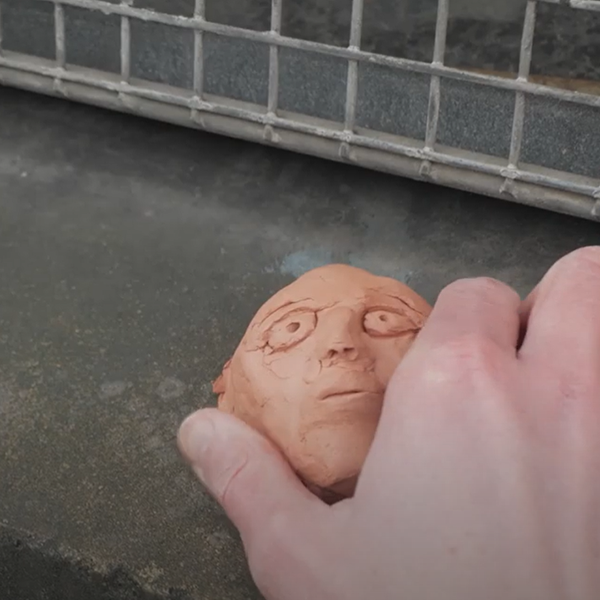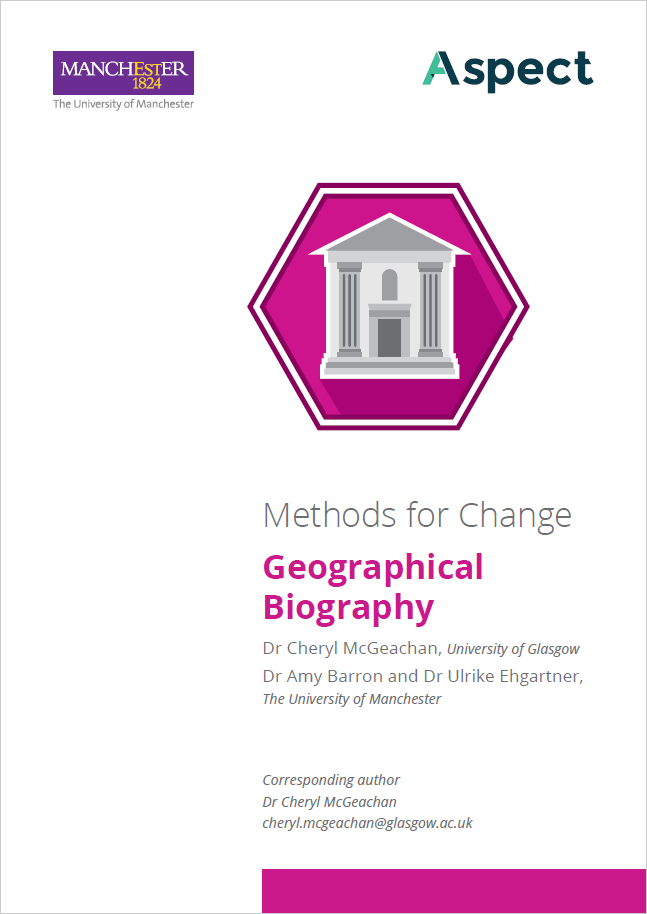Research Methods: Geographical Biographies
Geographical Biography involves using the techniques from different forms of biography and archival research to uncover lives with a geographical sensitivity. While the aim of traditional biography is to understand the life of someone or something, the aim of a Geographical Biography is to uncover the sites, spaces, and places of their worlds, paying attention to the objects and materials that become enmeshed with their everyday existence.
A Geographical Biographer is less concerned with producing a sequential narrative of a life (as might be the case with traditional Biography or Life History) but more with foregrounding the messiness and complexity of a life through its geographies. Attention to the spaces of a life leads to the excavation of different kinds of archives, from buildings to people, from objects to artefacts. Human and non-human worlds collide in the reconstruction of lives lived and lost. Engaging with such a worldly archive approach has the potential to resurrect in new forms past lives and narratives, reintroducing them into the present. Geographical Biography therefore works in the margins of places and is particularly attuned to the voices and experiences of individuals lost and forgotten in other forms of historical writing.
You can find all the research outputs from the Methods for Change series here






